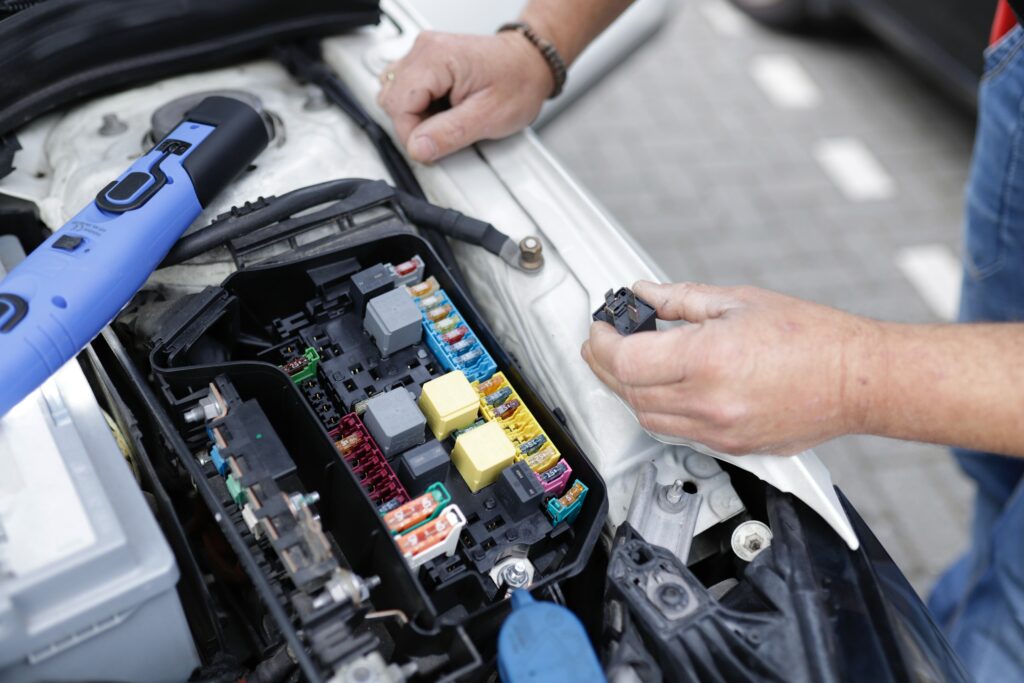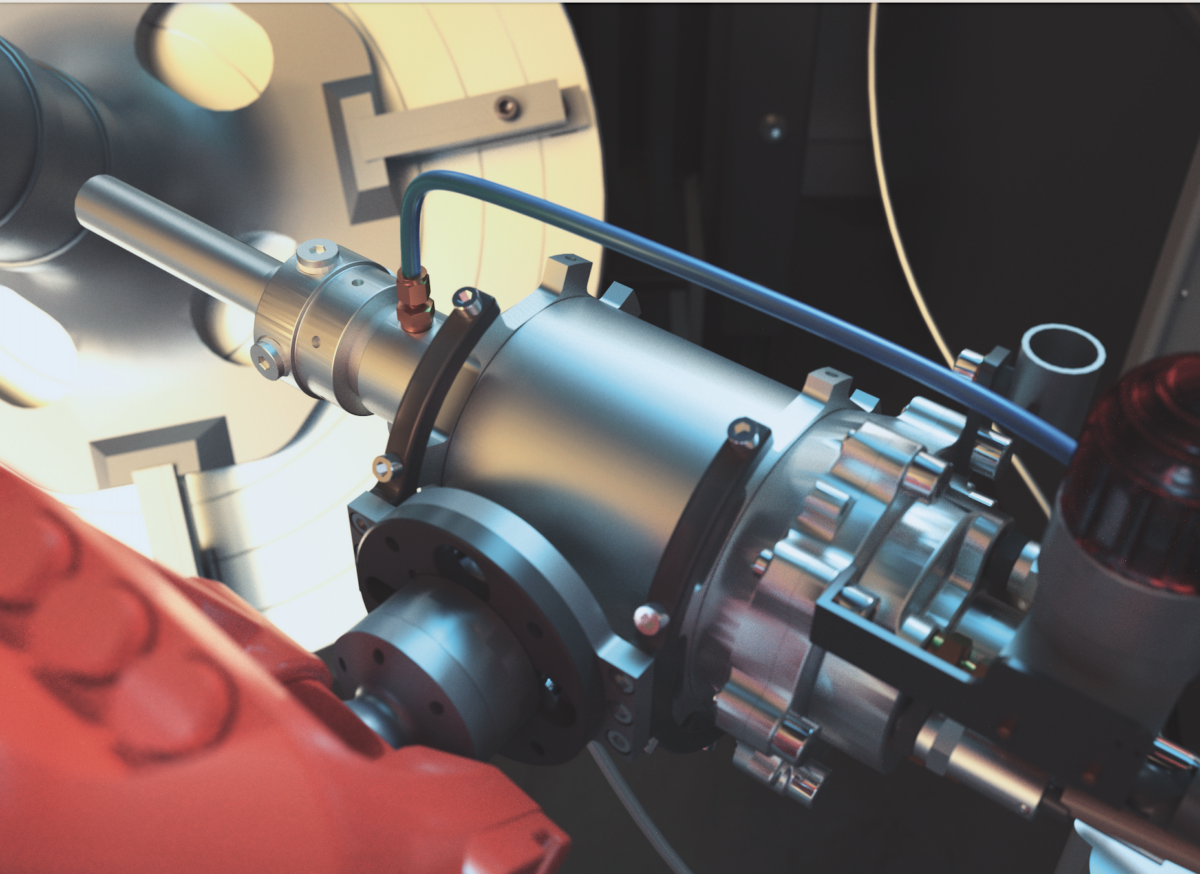The growth of electric and hybrid vehicles is shifting the automotive industry on its axis. Changes in regulations and fluctuating consumer attitudes are contributing to both challenges and opportunities for the repair and maintenance sector. With some markets facing a looming ban on selling combustion engine cars, garages cannot rest on their laurels. The next few years represent an opportunity for garages to prepare for the electric vehicle (EV) revolution, and they should use this time to re-train and adapt for the future.
But the responsibility cannot just rest on the garages. To ensure each part of the automotive ecosystem is ready, we need cross-industry collaboration as EVs become the norm. This is important because it means vehicle technicians are equipped with the essential skills to be able to perform services both safely and effectively on EVs.
The volatile market for EVs today
The UK’s recent decision to delay net zero targets has added to what is already a complex landscape for EVs, causing confusion for drivers who may be considering the shift to electric. Ongoing government announcements will deepen this fog, not only for adoption rates but also blurring the lines for garages to prepare at scale.

Announcements surrounding COP 28 and the Autumn Statement hint at forthcoming changes, but a key question remains: will they only explore the top-level macro-requirements, or will they be lending concrete support and direction for independent garages?
The growth of EV infrastructure and buying rates are increasing regardless, especially since the UK car industry must reach its initial targets for EV sales or risk a £15,000 (US$18,500) fine for each vehicle. To be able to welcome EVs and hybrids into garages full-time, there are two primary hurdles to overcome: talent and tools.
The vehicle technician’s skills gap
One of the most pressing challenges on the road to preparing garages for the EV revolution is the widening skills gap to repair EVs. The reasons behind this are varied, but technicians are being left without the specialist training they need. This is not because of their own shortcomings, rather it’s the underlying challenges that independent workshops are facing such as the cost of tools, lack of governmental support to fund training and lack of time for training due to less technicians entering the industry.
Although EVs work in a similar way to combustion engine vehicles, shutting down and handling high-voltage batteries requires specialist training to safely operate on. Hybrids are a greater challenge as the combination of both combustion and electric systems are even more complex. This means specialist skills are required—and there needs to be greater support for garages to fulfil the needs of EVs and hybrids.
Vacancies across the automotive sector are decreasing but remain 34% higher than the average across all other industries, according to The Institute of the Motor Industry (IMI). This trend is driven in part by economic pressures alongside rising operational costs. In addition, the IMI warns of a signficant skills shortfall. Its estimations predict a gap of 4,500 qualified EV technicians by 2029. And this is expected to dramatically grow, reaching 16,000 by 2032.
Shutting down and handling high-voltage batteries requires specialist training
We see an aging mechanic workforce contributing to this, alongside the perception that working with your hands is not a desirable career path nowadays. Despite this, efforts to attract apprentices to the automotive industry have grown, with job postings increasing significantly. Advertising for apprentices in automotive retail has continued to grow since 2020, with job postings more than doubling since 2021, according to the IMI.
This current shortage of routine tasks leaves little time for upskiling. While workshop software tools can increase the efficiency of current operations, the consensus is clear. Training needs to be more readily available for new and seasoned technicians, and the responsibility cannot be solely on the workshops in themselves to action this.
Concerns around investment in EV-specific tools
EV repairs can be a challenge for smaller garages because of their heavier reliance on software compared to combustion engine vehicles. The cost of equipping workshops with EV-related equipment is a key roadblock, as consumer worries around their own EV transition is reflected in the unpredictability of the return of investment for garages to purchase these specialist tools.
As technology within vehicles continues to evolve, the software designed to support mechanics and vehicle technicians is also progressing. Autodata, for instance, provides information on the specific tools that are required across a number of jobs to quicken the pace of servicing and repair. While software can streamline current operations, it’s clear that more solid measures are needed to help independent garages proactively prepare today for the changes that lie ahead.

The collective responsibility
Collaboration between educational institutions, industry associations, and garages themselves is vital to ensure that a qualified workforce is ready to meet the growing demand for EV servicing and repairs. It’s the only way to ensure that vehicle technicians have the essential training they need to provide services safely and effectively.
While manufacturers design their vehicles with serviceability in mind, garages must keep pace with the rapidly advancing technology underneath the surface. Governments can lend crucial support by setting standards and providing incentives for training and infrastructure development, with the synergy of these efforts equipping garages with the knowledge and tools necessary to thrive.
The opinions expressed here are those of the author and do not necessarily reflect the positions of Automotive World Ltd.
James Lett is Technical Expert at Autodata
The Automotive World Comment column is open to automotive industry decision makers and influencers. If you would like to contribute a Comment article, please contact editorial@automotiveworld.com



